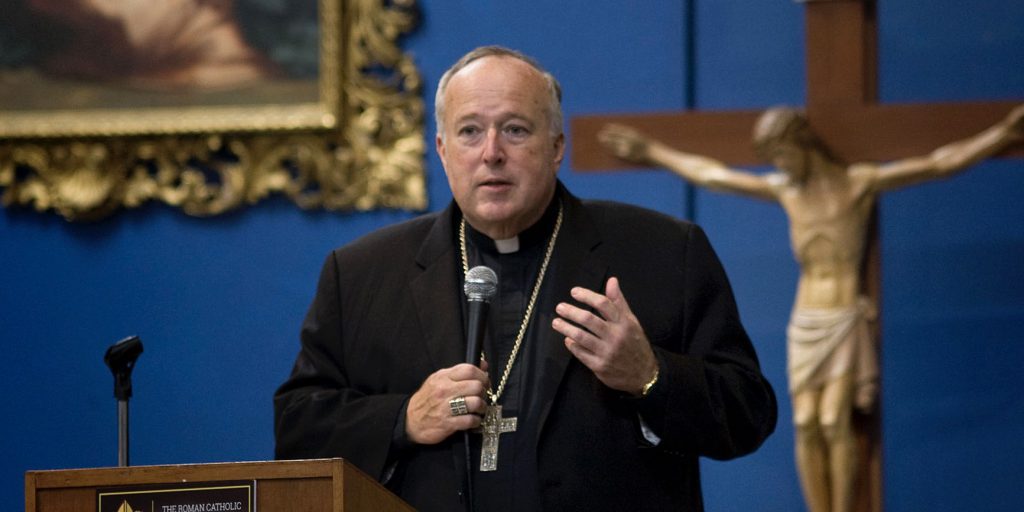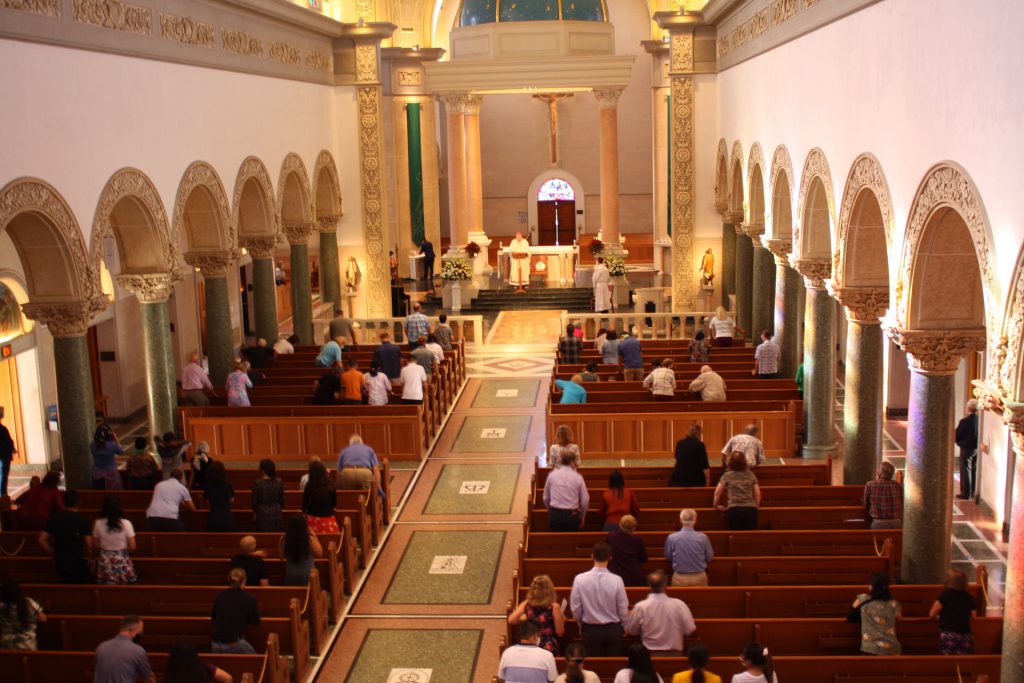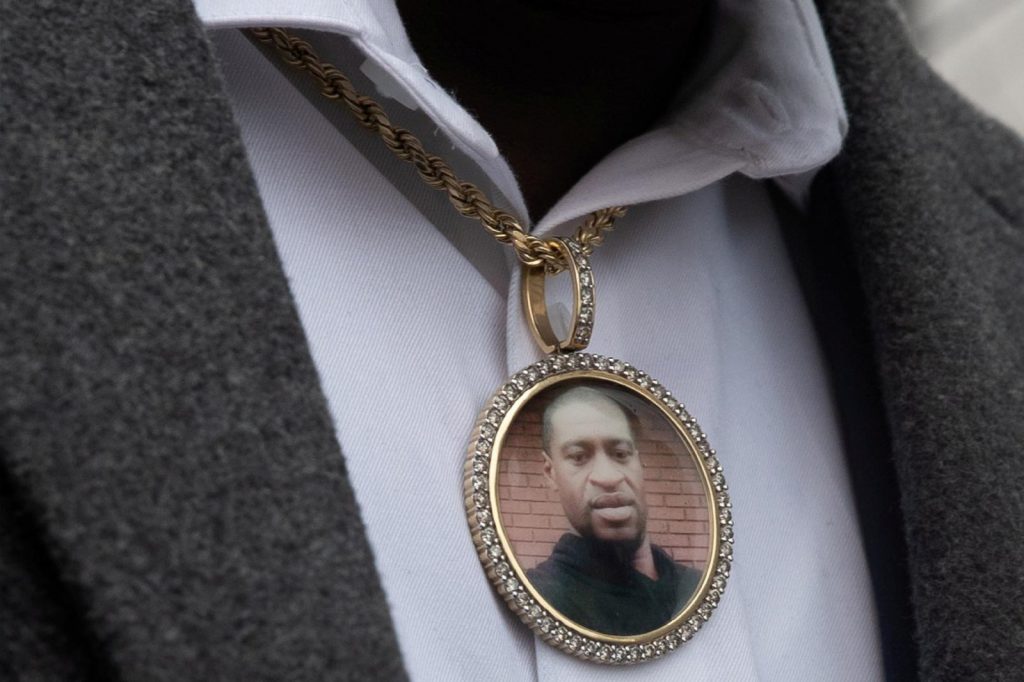SAN DIEGO — African American, Latino and Native American faithful have lived with the burden of racism, including within the Church.
In the last three months, the diocese has been intentionally listening to their voices.
The Office of Ethnic and Intercultural Communities concluded a series of three virtual forums on Oct. 28, and plans to hold future ones focused on Asians, Vietnamese, Africans and Middle Eastern immigrants.
In each forum, Black, Latino and Native American Catholic speakers shared their personal stories of enduring racism and how their faith had inspired them. Then the forum participants, Catholics from across the diocese, reflected on those stories and shared their own. They also shared ideas of how individuals and parishes could root out racism.
The committee that organized the forums submitted an opening report to Bishop Robert W. McElroy that summarized the insights from the first series, made up of three nights of testimony from African American faithful. The report included recommendations parishes and the diocese can implement to address racism. It will be posted at sdcatholic.org/racism, a page that includes videos of each speaker’s story, pastoral letters from the U.S. Church, homilies from Bishop McElroy, among other resources on this issue.
One of the speakers in the bilingual Latino forum was Sister Gloria Galván, who for decades has worked in Latino ministry. She described how some priests in the diocese and white Catholics actively worked in the 1970s to keep Spanish-speaking faithful from the pews.
“One priest celebrated Mass in a storage room where the brooms and mops were kept because the pastor would say, ‘No, you can’t be inside my church,’” she recalled.
Monserrat Ramírez, 27, the other speaker in the Latino forum, described her immigrant family’s experience at two of the diocese’s parishes as new arrivals to San Diego. The first never acknowledged their presence and did not notice when the family stopped attending Mass. The second, Christ the King Parish, took a dramatically different approach.
“Whenever someone new comes in, they welcome them, they hug them,” she said. The family felt comfortable and valued. She said she decided to receive her sacraments there, and today serves in various ministries, welcoming others to the faith.









